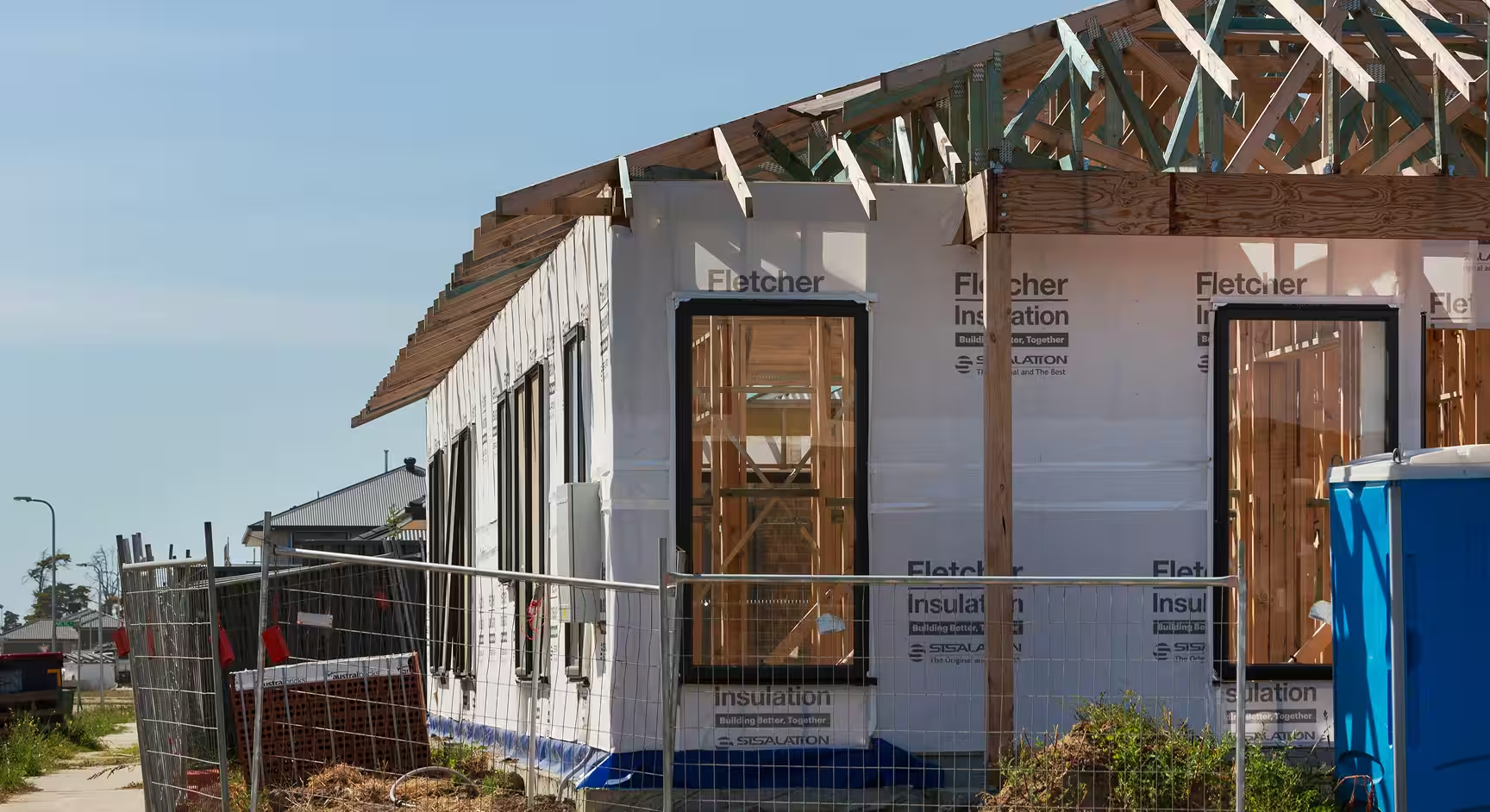
Housing Affordability at Breaking Point
President Donald Trump is considering declaring a national housing emergency to address the affordability crisis that has left millions of Americans struggling to buy a home, according to U.S. Treasury Secretary Scott Bessent.
“We’re trying to figure out what we can do, and we don’t want to step into the business of states, counties, and municipal governments,” Bessent told the Washington Examiner. “We may declare a national housing emergency in the fall.”
Why an Emergency Now?
The U.S. housing market is facing multiple affordability pressures:
- Home prices remain high: The median U.S. home price hit $443,141 in July, up 1.1% year over year, according to Redfin.
- Mortgage rates are elevated: The average 30-year fixed mortgage rate was 6.56% as of late August, per Freddie Mac.
- Sales are slowing: Home purchases dropped 1.6% year-over-year in July, leaving about 500,000 more sellers than buyers.
- Rising costs: Property taxes have climbed in nearly every major metro, while home insurance premiums are up more than 40% over the past six years, according to LendingTree.
During the pandemic, rates as low as 2–3% fueled a 40% jump in home prices between 2019 and 2022, creating the foundation of today’s affordability crunch.
What Declaring a Housing Emergency Means
Under the 1976 National Emergency Act, presidents can declare emergencies without congressional approval. The law does not define what qualifies as an emergency, giving broad discretion to the White House.
Trump has frequently used emergency declarations to push forward his agenda, including on the southern border, energy policy, and the economy. Critics argue this concentrates too much power in the executive branch, though courts have sometimes pushed back.
If declared, it would mark the first federal housing emergency since the 2007–2008 mortgage crisis.
Potential Impact on Americans
The housing crisis is driven primarily by supply shortages — experts estimate the U.S. needs at least 4 million more homes.
The Trump administration has floated several proposals, including:
- Opening federal land for residential development
- Reducing regulations that slow construction
- Exploring ways to standardize building and zoning codes
- Lowering closing costs for buyers
How emergency powers would be applied remains unclear. But with housing affordability ranking among top voter concerns, the move could carry significant political weight heading into the 2026 midterm elections.
The Bottom Line
If Trump follows through, a housing emergency declaration would represent one of the boldest federal responses to affordability challenges in decades.
While it remains uncertain what concrete policies might follow, the announcement itself would signal that housing has become a top-tier national issue — one with both economic and political stakes.

